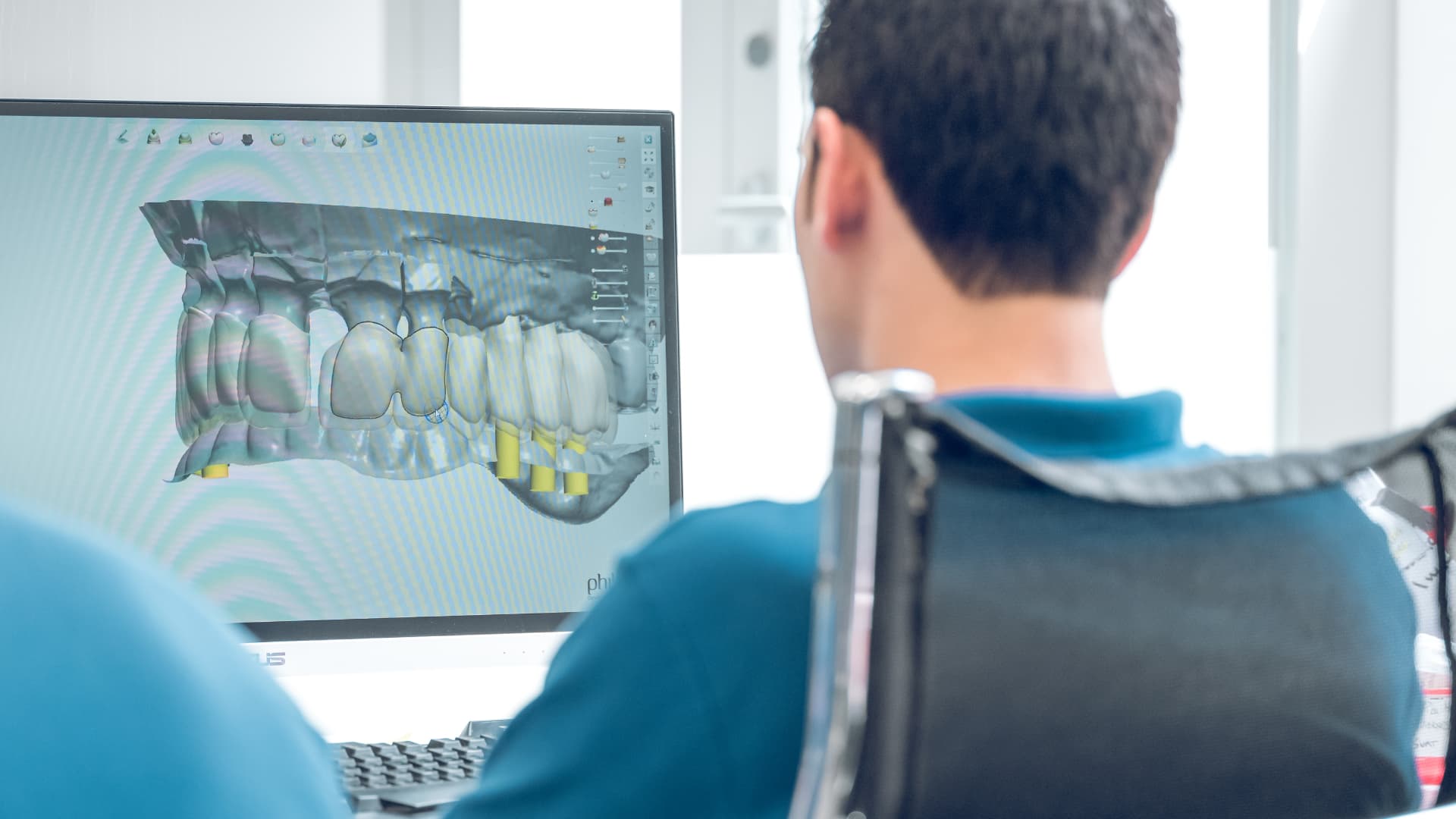At the International Telecommunication Union, the topic of “Dental Diagnostics and Digital Dentistry” (TG-Dental) is bringing together leaders in Artificial Intelligence (AI) in dental research to drive digital transformation in the field.
The latest output focuses on ethical considerations on AI in dentistry, with helpful checklists for researchers to prepare to implement the latest AI advances fairly and responsibly.
“AI in dentistry is a particularly prolific field, routed in the wealth of clinical application options and the breadth of dental data sources, mainly imagery. Notably, as in other fields the quality of dental AI research remains limited; generalizability, transparency and consideration of ethical, societal and economic aspects are under-researched and also seldom acknowledged when AI software is provided to the market,” explains Falk Schwendicke, a co-leader of the group.

AI technology can only be used with complete confidence if it has been quality controlled through a rigorous evaluation in a standardized way. That is why the Telecommunication Standardization Bureau at ITU has taken on this topic, given their leading role in developing inclusive standards and the promotion of AI for sustainable development.
“The TG has been active in fostering high-quality dental AI using a global, collaborative and inclusive approach. The contributions of the TG will, along further initiatives of governance and standardization, hopefully contribute to making dental AI as efficient, safe and evidence-based as needed, and to enabling users to appraise it sufficiently” Schwendicke says.
This new checklist adds to the already approved outputs with guidance on research and education to be used by dental professionals. It is part of the World Health Organization (WHO)/ITU Focus Group AI for Health looking at the intersection of AI paired with topics such as maternal and child health, dermatology, falls among the elderly, malaria, neuro-cognitive diseases, point-of-care diagnostics, radiology, retinal imaging diagnostics, symptom assessment, tuberculosis, volumetric chest computed tomography, and dental diagnostics and digital dentistry.
Learn more about this Topic Group from the following free downloads:
- Deliverable 10.17: FG-AI4H Topic Description Document for the Topic group on dental diagnostics and digital dentistry (TG-Dental). This is the description of the dental health use cases addressed by TG-Dental and the technical issues studies for developing the benchmarking process.
- TG-Dental Output 1 – Artificial intelligence in dental research: A checklist for authors and reviewers. This is the first document to specify the minimum elements that research and papers plus applications of AI for dentistry should contain. It provides a common ground to enable easier / more meaningful comparison of different studies as well as understanding their significance and possible shortcomings.
- TG-Dental Output 2 – Artificial intelligence for oral and dental healthcare: Core education curriculum. This document highlights what should be added to the dentistry teaching curriculum to prepare future professionals for the digital transformation AI is bringing to the field.
- TG-Dental Output 3 – Ethical considerations on artificial intelligence in dentistry: A framework and checklist. A framework and checklist helps researchers and developers applying AI to dentistry to understand and include ethical considerations in their work and make them better prepared for subsequent scrutiny and application in real-world situations.












